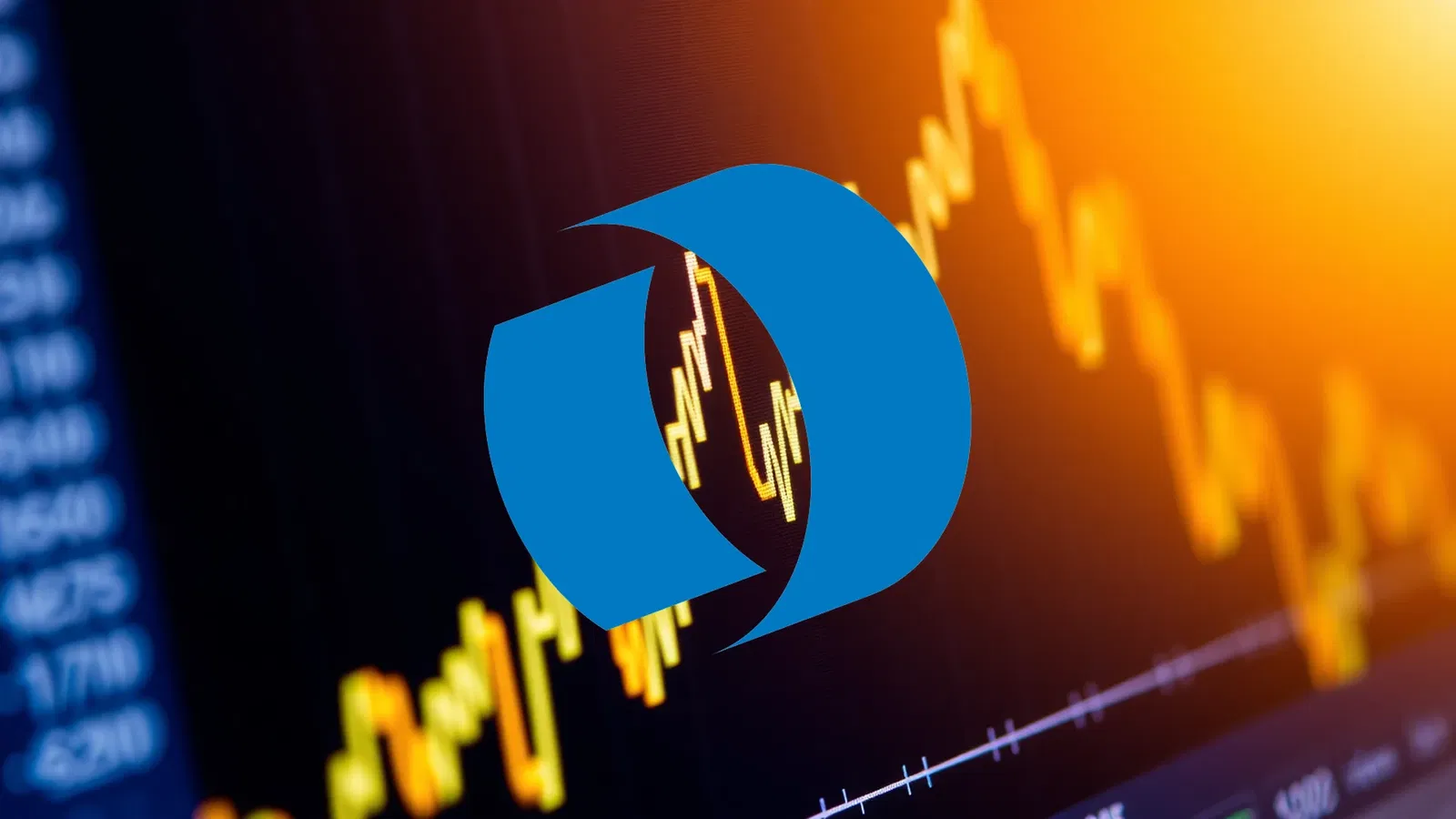The financial technology sector was shaken in late October 2025 as Fiserv, the global payments giant, experienced one of the most severe single-day declines in its corporate history. Trading near $60 per share—a level not witnessed since late 2018—the company has seen billions in market capitalization evaporate following a disastrous earnings report that triggered a cascade of selling.
Quarterly Results Trigger Market Panic
On October 29, 2025, Fiserv released third-quarter figures that fell dramatically short of market expectations, prompting an unprecedented sell-off. The stock collapsed by approximately 44% in a single session, marking the most severe decline ever recorded for the payment processor.
Investors were confronted with alarming operational weaknesses across multiple metrics. Adjusted earnings per share came in at $2.04, significantly below the anticipated $2.64. Revenue figures also disappointed, missing projections by roughly 8%.
However, the true catalyst for the market capitulation emerged from management’s drastic revision of full-year guidance:
- Earnings Target: The EPS outlook was slashed from previous expectations above $10 to a range of $8.50-$8.60
- Organic Revenue Growth: Projections were dramatically reduced from approximately 10% to just 3.5%-4%
- Segment Weakness: The merchant solutions division, including the prominent Clover platform, displayed unexpected cooling
Chief Executive Officer Mike Lyons acknowledged the disappointing performance, stating results were “not where we want them to be” while citing flawed assumptions in previous forecasts and economic headwinds in key markets such as Argentina.
Should investors sell immediately? Or is it worth buying Fiserv?
Legal Challenges Emerge as Insider Buys
The seismic shift in Fiserv’s market valuation has triggered legal repercussions. Throughout November, multiple law firms filed class action lawsuits alleging the company’s leadership disseminated misleading information about growth prospects, particularly regarding the sustainability of targets issued in July. This legal uncertainty continues to overshadow the stock, deterring institutional investors despite apparently attractive valuations.
Amid the turmoil, one corporate director demonstrated confidence in the company’s future. Lance M. Fritz purchased 10,000 shares on October 30 at an average price of $65.18, committing over $650,000 to the transaction. Although this position currently shows a paper loss, this insider buying suggests some within executive leadership consider the market reaction excessive.
Valuation Collapse Creates Divided Opinion
The dramatic price collapse has compressed Fiserv’s valuation to historic lows. The stock now trades at a price-to-earnings ratio of approximately 9.4, representing a substantial discount to both its historical averages and the broader fintech sector.
Market analysts remain divided in their assessment of the situation, with some detecting significant mispricing. While numerous price targets have been reduced, firms including Susquehanna maintain bullish projections up to $99 per share—implying potential upside exceeding 50%. Their thesis suggests the market is pricing in a worst-case scenario while overlooking the company’s continued profitability and cash flow generation.
Technically, the stock appears to be establishing support around the $60 level. The Relative Strength Index indicates severely oversold conditions, potentially setting the stage for a technical rebound. Market sentiment remains fragile, however, with Fiserv shares becoming a battleground between value investors betting on a recovery and those anticipating further operational disappointments.
Ad
Fiserv Stock: Buy or Sell?! New Fiserv Analysis from February 7 delivers the answer:
The latest Fiserv figures speak for themselves: Urgent action needed for Fiserv investors. Is it worth buying or should you sell? Find out what to do now in the current free analysis from February 7.
Fiserv: Buy or sell? Read more here...









